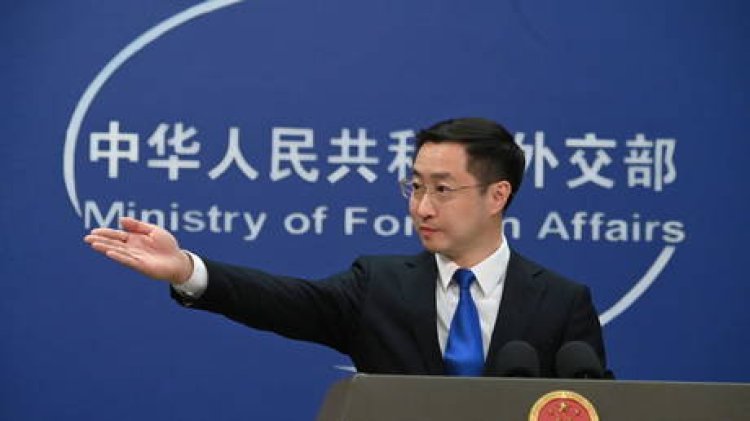Beijing labels Trump tariffs as ‘economic bullying’
<b>China Accuses US of Undermining Global Stability Amid Tariff Dispute</b> China has characterized the latest US tariffs as “bullying,” contending that they pose a threat to the global economic order's stability and could escalate trade tensions...

China has characterized the latest US tariffs as “bullying,” contending that they pose a threat to the global economic order's stability and could escalate trade tensions between the world’s two largest economies.
In comments made on Monday, Chinese Foreign Ministry spokesperson Lin Jian criticized Washington’s decision to impose a 34% tariff on Chinese exports to the United States, which is in addition to an existing 20% levy, resulting in total duties of at least 54%.
Lin described the tariffs as “unilateralism, protectionism, and economic bullying,” emphasizing that they “seriously impact the stability of the global economic order.”
In response, China’s Finance Ministry announced last Friday that it would implement a similar 34% tariff on all US goods, effective April 10. Additionally, Beijing has initiated a lawsuit with the World Trade Organization.
The ongoing trade dispute has quickly affected global financial markets, leading to declines in European, US, and Asian stock markets. Economists now voice concerns over a potential global recession, with Goldman Sachs raising the likelihood of a recession in the US to 45% within the next year.
The Global Times editorial on Monday critiqued the US approach to its domestic economic challenges, such as insufficient manufacturing competitiveness. It argued that instead of pursuing reforms, the US government is “shirking responsibility” and “shifting blame” by resorting to tariff increases.
According to the editorial, Beijing's countermeasures are intended to “demonstrate its firm resolve” to not accept the “reckless violation” of global trade rules by the US.
Market analysts have cautioned that the escalating exchange of tariffs could disrupt global supply chains, raise consumer prices, and slow economic growth across the world.
Camille Lefevre for TROIB News
Find more stories on Business, Economy and Finance in TROIB business












